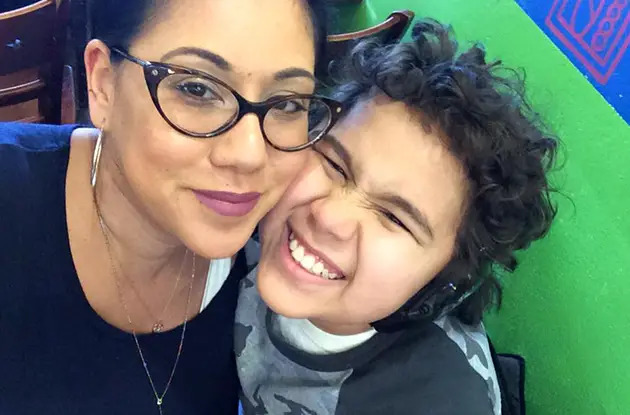A new study has found that mothers with polycystic ovarian syndrome (PCOS) may be more likely to have a child with autism.
PCOS is a disorder in which a hormonal imbalance can cause changes in a woman’s menstrual cycle, ovarian cysts, difficulty in pregnancy, and other health problems, according to HealthDay News.
The study was published by the Karolinska Institute in Stockholm, Sweden on December 8. Researchers noted that mothers with PCOS and children with autism were correlated—it is not a cause-and-effect relationship.
“We found that a maternal diagnosis of PCOS increased the risk of autism spectrum disorder in the offspring by 59 percent,” Kyriaki Kosidou, lead researcher from the department of public health sciences at the Karolinska Institute, said in an institute news release.
To draw their conclusions, researchers studied 24,000 children in Sweden with autism born between 1984 and 2007, then compared them to 200,000 other children that are not on the spectrum.
“The risk [of autism] was further increased among mother with both PCOS and obesity, a condition common to PCOS that is related to more severely increased androgens,” Kosidou said in the news release.
Women with higher levels of androgens—sex hormones that develop male characteristics—were more likely to have PCOS, even if they were pregnant.
Researchers also found that exposure to sex hormones early in life may affect a child’s risk to autism. Between 5 and 15 percent of women around a “childbearing age” have PCOS.
RELATED: To have more stories like this sent to your inbox, subscribe to our newsleter.





















